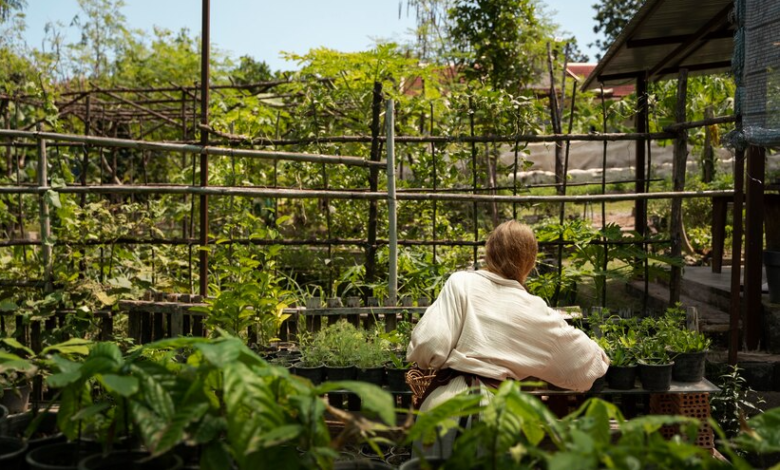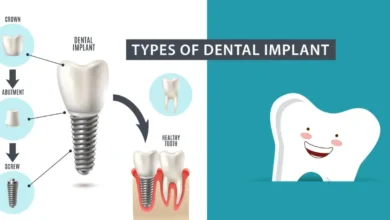The Edible Revolution: Turning Home Gardens into Sustainable Food Sources with Horticultural Expertise

The movement towards sustainable living has gained unprecedented momentum in the wake of growing environmental concerns and a heightened awareness of food security. Home gardens are at the forefront of this shift, transforming from ornamental landscapes to vital sources of fresh, nutritious produce. This revolution in home gardening is not just about growing food; it’s about cultivating a sustainable lifestyle, resilience against supply chain disruptions, and a deeper connection with the earth beneath our feet.
Understanding horticulture principles is critical to success for those inspired to join this edible revolution. This is where opportunities such as those provided by Woods and Co Career Opportunities become invaluable. By offering horticulture and sustainable gardening practices courses, Woods and Co. equip aspiring gardeners with the knowledge and skills to maximize their garden’s yield, quality, and sustainability. It’s an investment in your garden, a healthier planet, and a future.
Contents
Why Sustainable Gardening Matters
Sustainable gardening is more than a hobby; it’s a commitment to nurturing the environment and enhancing our health. By adopting practices that harmonize with nature, gardeners can make a significant positive impact on both the planet and their well-being. Here are some fundamental reasons why sustainable gardening holds such importance:
- Environmental Impact: Adopting sustainable gardening practices helps reduce one’s carbon footprint and encourages a rich biodiversity in your backyard, contributing to the health of our planet.
- Health Benefits: Growing your own food gives you access to fresh, nutritious produce that’s free from harmful pesticides and chemicals, promoting a healthier lifestyle.
- Water Conservation: Sustainable gardening includes efficient water usage and preserving precious resources while ensuring plants receive the hydration they need.
- Soil Preservation: Healthy soil practices avoid erosion and nutrient depletion, ensuring fertile ground for plants to thrive for years.
- Reduced Waste: Composting kitchen and garden waste reduces the amount of trash sent to landfills and creates rich, organic compost that can enhance soil health.
Embracing sustainable gardening practices offers profound benefits for the environment, our health, and our communities. It highlights the powerful role each gardener plays in fostering a healthier, more sustainable world.
Getting Started: Planning Your Sustainable Garden
Starting a sustainable garden begins with a focus on soil health, as rich, nourished soil is the bedrock of a thriving garden. By understanding your soil’s composition and needs, you can enhance its fertility naturally, setting the stage for robust plant growth. This foundational step ensures that your garden is productive and resilient, capable of supporting a diverse range of plant life without relying heavily on chemical inputs.
The next critical step is selecting the right plants for your garden’s specific conditions. Opting for species naturally adapted to your climate and soil type minimizes the need for artificial aids and interventions, promoting a more organic growth process. This careful selection helps establish a low-maintenance garden that flourishes and contributes to the ecological balance by attracting beneficial insects and supporting local wildlife.
Water Conservation Techniques
Water conservation techniques like rainwater harvesting and drip irrigation are essential for sustainable gardening. By collecting rainwater, gardeners can reduce dependence on municipal water supplies, while drip irrigation ensures water is efficiently delivered to the roots of plants, minimizing waste and enhancing plant health. Together, these methods form a comprehensive approach to managing water use in the garden, ensuring every drop is utilized to support a thriving, eco-friendly garden space.
How Can You Balance Pest Management and Biodiversity in Your Garden?
Effective pest management and promoting biodiversity are essential for maintaining a healthy, sustainable garden. Here are key strategies to achieve this balance:
- Natural Pest Control: Utilizing beneficial insects and natural repellents offers a chemical-free way to keep harmful pests at bay, ensuring your garden remains eco-friendly.
- Creating a Biodiverse Garden: Planting a diverse range of species encourages a variety of beneficial wildlife, which helps to control pest populations naturally and fosters a robust ecosystem.
- Companion Planting: Some plants naturally repel pests or attract beneficial insects when placed near each other, enhancing garden health and reducing the need for interventions.
- Habitat Creation: Building habitats, such as insect hotels or bird boxes, invites natural predators of common pests, helping to maintain the ecological balance in your garden.
By implementing these strategies, gardeners can create a thriving environment that naturally manages pests while supporting a diverse range of plant and animal life.
How Can Expert Gardening Techniques Boost Your Garden’s Yield?
Implementing advanced gardening techniques such as crop rotation and companion planting is crucial for maximizing the yield and health of your garden. Crop rotation involves changing the types of crops grown in a particular area with each season or year. This helps prevent soil depletion and reduce the accumulation of pests and diseases that can negatively impact plant health. This practice ensures that the soil remains fertile and that plants can access the nutrients they need to thrive.
Companion planting, on the other hand, utilizes the natural relationships between specific plants to enhance growth, deter pests, and increase overall yield. By strategically placing plants that complement each other’s needs and growth patterns, gardeners can create a harmonious ecosystem that supports robust plant development. Together, these techniques offer a sustainable approach to gardening that leverages natural processes to achieve a bountiful harvest.
Growing Sustainable Futures with Every Garden
Embracing the edible revolution by transforming home gardens into sustainable food sources is a decisive step toward self-sufficiency and environmental stewardship. With the expertise and educational resources offered by Woods and Co, gardeners of all levels can enhance their skills and ensure their gardens thrive. This approach nourishes not only our bodies but also our communities and the planet, planting the seeds for a sustainable future.



